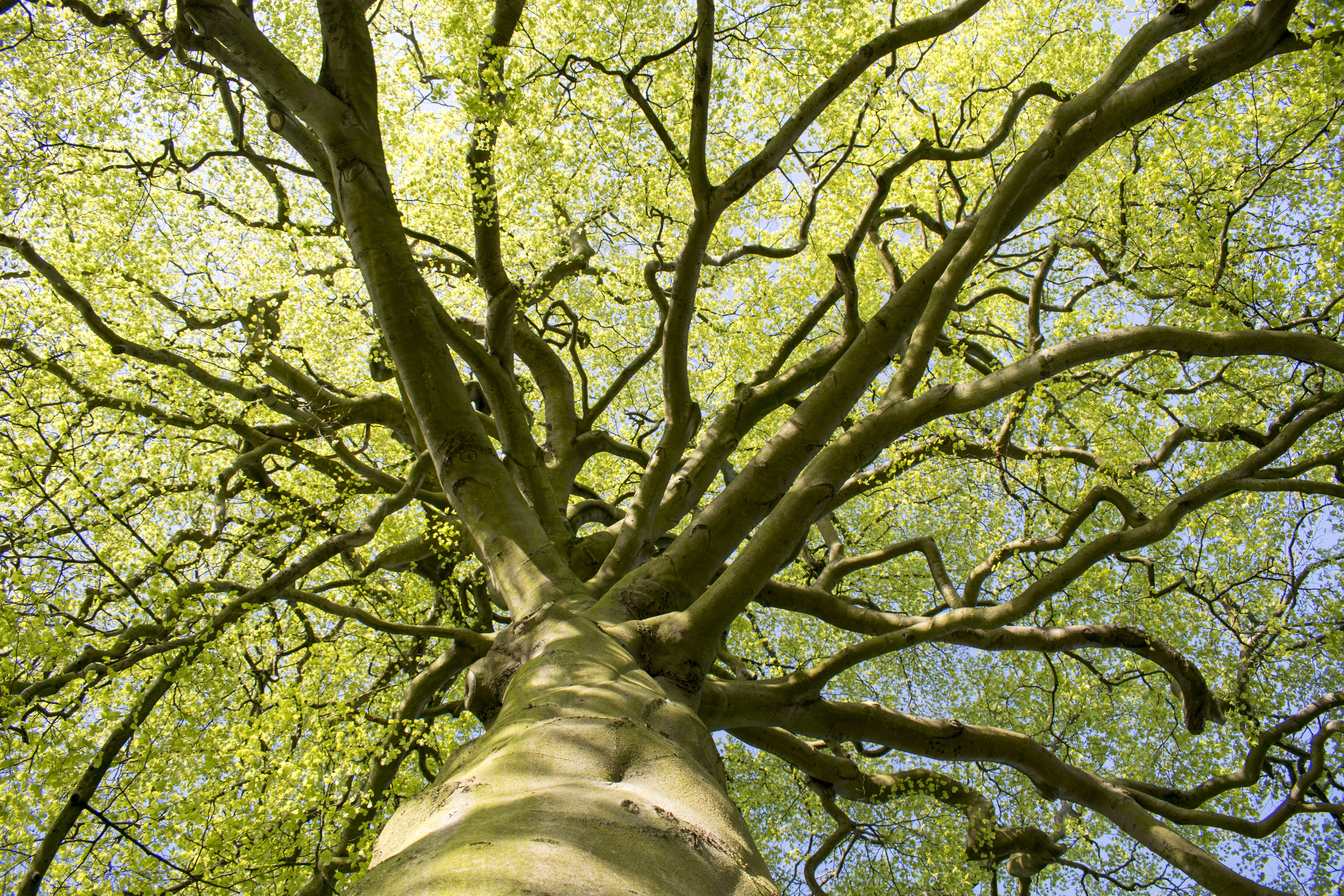Defra Commits to Restoration of England’s Woodlands
In an updated policy statement titled ‘Keepers of Time’, Defra has committed to bringing the majority of England’s native woodland into good or recovering condition by 2030.
The statement says the main priority is to protect ancient woodland and ancient and veteran trees from threats including fragmentation, development inappropriate management, disease and invasive species.
The policy statement also introduces a new commitment to bring ancient woodland which has been converted to conifer plantations (known as Plantation on Ancient woodland sites/PAWs), into restoration by 2030.
Some of the ways in which the Government will improve ecological condition and resilience are:
- provide support and incentives for ancient and native woodland, ancient wood pasture and parkland and ancient and veteran tree management through current schemes
- publish the Woodland Resilience Implementation Plan by 2024, to inform active management approaches, increase resilience and make sure woodlands will thrive in the future
- publish a Deer management strategy and revised Grey squirrel action plan by the end of 2022
- support Forestry England to manage ancient woodland sites to improve their ecological value and ultimately restore all plantations on ancient woodland sites to resilient native woodland
The policy also confirms that the National Planning Framework will be updated to include stronger safeguards for ancient woodland and trees.
The Keepers of Time policy works alongside the England Trees Action Plan 2021 which is the Government’s long-term vision for trees and woodland. The Action Plan sets out how the Government will achieve the ambition of planting, protecting, and managing trees to deliver more for society, nature, climate and the economy.
